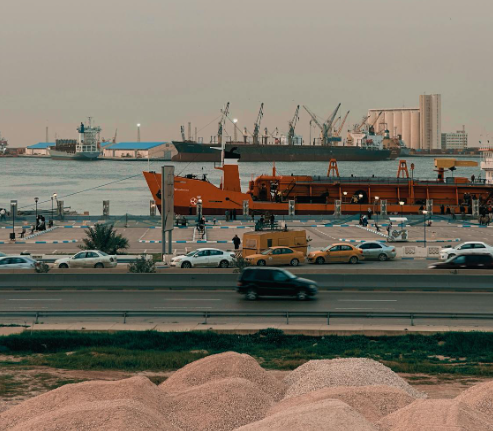Trailblazing Writers: Hisham Matar and the Arab Spring

By: Ramsey Zeidan / Arab America Contributing Writer
Who is Hisham Matar?
The end of this year will mark 15 years since the start of the Arab Spring, a regional progressive social movement. The movement was initially sparked by the self-immolation of Tunisian vendor Mohamed Bouazizi. Governments throughout the Middle East were forced to reckon with a surge of pro-democratic sentiment from the people. The Arab Spring marked a new era of political change, but history usually forgets the stories of individuals caught in the crossfire. A select few have managed to leave their their mark on history through literature, like American-born Libyan novelist Hisham Matar.
Hisham Matar was born in New York City in 1973, and moved between Cairo, London, and Tripoli to flee political persecution. In 2011, Matar found himself embroiled in the midst of the Arab Spring. His father was abducted by the Gaddafi regime in Libya, whose legitimacy was threatened by a wave of revolutionary protests. Matar was an outspoken critic of Gaddafi, using his public profile to provide commentary and criticism for the international community. His involvement with people in the Arab Spring was so intense, Matar said he needed years to process his emotions before he could write about it. His novel, My Friends, released in 2024, finally provides his reflection on exile, loss, and resistance.
My Friends: Resilience and Kinship
The book follows three friends living in political exile who are forced to find kinship amongst each other. After being attacked at an anti-Gaddafi protest in London, the two protagonists Khaled and Mustafa must choose between silence or bold opposition. The novel follows them as they navigate the fear of retribution from the Libyan government, communications with family, and befriending Hossam, a fellow Libyan writer.
A critical point in the story is the beginning of the Arab Spring, where the three friends go their separate ways to either fight the regime in Libya or pursue a career in London. Khaled remains in London, while Mustafa and Hosam enlist in a militia in Libya. The story ends on a somewhat melancholy note. Khaled gave his permanent goodbyes to Hosam in perhaps the most impactful quote of the story: “It is a myth that you can return, and a myth also that being uprooted once makes you better at doing it again.”

My Friends ponders what it means to love across borders and exist in opposition to one’s homeland government. Khaled’s friends seem to become his own sort of family. Each friend gives a unique perspective on the Arab experience. Most importantly, this novel is a partial reflection of Matar’s own experiences. My Friends highlights his stream of consciousness and creates a canvas for the character’s internal dialogue to carry more weight. The reader is confronted with a raw, unfiltered look at the effects of trauma, violence, and silent opposition.
Other Works
Though My Friends was Hisham Matar’s most recent work, he has several other novels that share similar themes and commentary. For example, The Return: Fathers, Sons and the Land in Between won a Pulitzer Prize in the Biography category. It was Matar’s sobering first-person account of the kidnapping of his father and his return to a post-Gaddafi Libya. The book explores themes of resistance similar to My Friends. Another notable piece from him is In the Country of Men, his debut novel that recounts his childhood struggles with Libyan politics that tore apart his family. Once again, the reader sees Matar’s ability to convey absurdity, grief, terror, and love in a way that forces one to reckon with uncomfortable history.
Whether it’s fiction, autobiography, or commentary in the press, Hisham Matar broadcasts the struggle of being Arab in a changing geopolitical landscape such as the Arab Spring. Through his many works, Matar embodies the essence of Arab resilience. His stories platform not only the political facet of the Arab experience, but the emotional connection to one’s homeland. The stories emphasize his love for the culture and livelihood of the Middle East.
Want more articles like this? Sign up for our e-newsletter!
Check our blog here!








